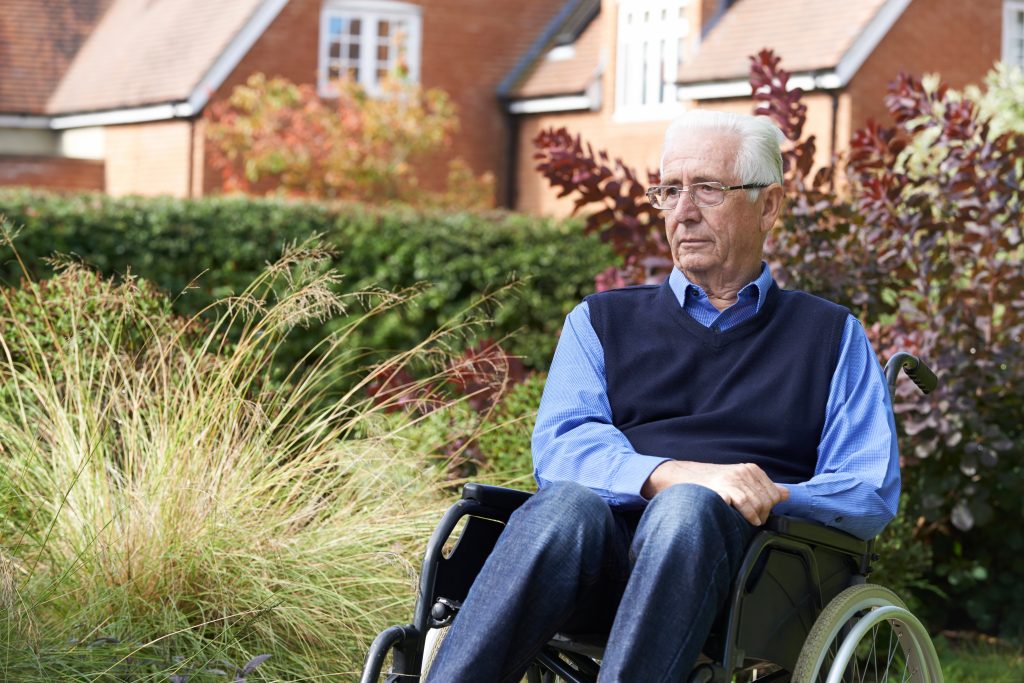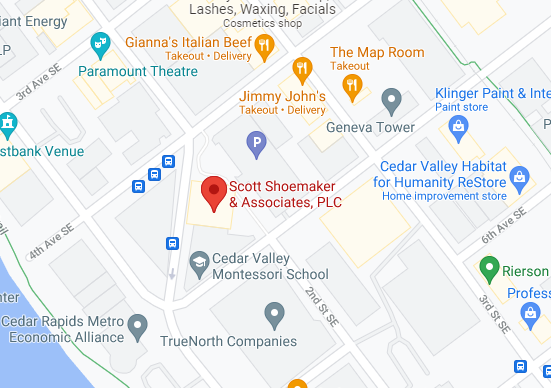What’s the Difference Between Power of Attorney and Durable Power of Attorney?
A power of attorney (POA) is a legal document that grants another person (the agent) the authority to act on your behalf. The document is essential, as it clearly states the powers you grant the agent. You could be granting them the ability to purchase and sell assets or giving them the final word over your medical decisions.
There are four main types of POAs that can then be further divided into different categories based on their purpose. There are general POAs, springing POAs, medical POAs, and durable POAs.
- General POAs: Assuming you don’t revoke it, a general POA stays in effect until you become incompetent.
- Springing POAs: These only come into effect after a specific event. For example, you could have a springing POA prepared that comes into effect only when you become incapacitated.
- Medical POAs: As a durable springing POA, a medical POA is designed to come into effect and allow the designated individual to make healthcare decisions on your behalf.
- Durable POAs: A durable POA is like a general POA, only it doesn’t end when you become incompetent.
The powers granted through a general POA and a durable POA can be the same, but only a durable POA would continue to stay in effect if something happened to your mental faculties.
Why Would I Want a Durable Power of Attorney?
A durable power of attorney can be an incredibly useful tool, and some form of POA should absolutely be a part of your estate planning.
The first thing a lot of people think about when they hear that a durable power of attorney stays in effect when they are incompetent is that it would be a great way to ensure somebody you trust can take care of decisions for you.
However, if you are strictly thinking of your medical needs, then you want a medical POA. Like a last will and testament, it is always wise to create a medical POA.
A durable POA is best for those who want to grant powers to an agent that they trust completely. If you are concerned about how an agent might act when you aren’t able to oversee things, then a durable POA isn’t the best choice.
However, if you trust your agent, a durable power of attorney can ensure that your business and personal interests aren’t neglected while you recover. Business can continue on like usual, ready for when you return. It’s a vital tool for keeping your affairs in order.
What Are Potential Drawbacks of a Durable Power of Attorney?
As with all things, there are potential drawbacks to a durable power of attorney. This isn’t to say that a durable POA isn’t a power tool; many people certainly have found it to be. Rather, it is important that you consider any potential drawbacks before proceeding forward with a durable power of attorney. This way, you can be sure that you are prepared for any risks instead of being caught by surprise should something happen.
Potential drawbacks of a durable power of attorney include the following:
- You must be competent in order to execute a durable power of attorney. As such, you will be unable to execute one following certain events, and this could be a drawback. Say you waited too long to execute and were in a car crash that affected your mind. Despite prior plans to execute, you wouldn’t be able to.
- It ends when you die. Ultimately, this means that a durable power of attorney cannot act like a last will and testament. You will still need to create a will, regardless of any POAs you may have.
- The courts are not required to oversee a durable power of attorney. This could be a blessing or a curse, depending on the circumstances. For example, not having oversight can mean that things are able to move along faster. But that lack of oversight can lead to exploitation as well.
- The biggest potential drawback of a durable POA is that the agent abuses the power given to them. This, coupled with the lack of court oversight, means that it can be challenging to do anything about the exploitation. This is one of the reasons it is often better to work with a law firm as your agent rather than an individual since a law firm is a business that can face severe consequences for its behavior.
- Since there is a lack of court oversight, it can also be quite challenging to ensure that the durable POA is honored. Some places require specific forms to be submitted before complying, while others will just straight-up refuse.
How Do I Obtain a Power of Attorney?
These days, you can find many DIY power of attorney forms online. While these may be simple enough to use for general situations, it isn’t recommended that you use an online form for a durable power of attorney. Or, at the least, we recommend having an attorney go over the form for you before moving forward.
The problem isn’t that it is particularly difficult but that you want to be sure that you are only giving the powers you want to give. The language in a legal document must be precise, and it is easy to mess it up.
A mess-up might mean you open yourself up for exploitation, but it could also mean that your durable power of attorney simply doesn’t work. The only problem with this is that if you are mentally incompetent, you will not be able to fix the issue. So instead of having somebody acting in your best interest, you are stuck out of luck. Better to be safe than sorry, always.
How Do I Approach an Attorney?
If you are looking to work with an attorney to obtain a POA, then the easiest thing to do is to look for their contact information online and reach out to them. Phone numbers, email addresses, and even live chat are available so that you can get in contact in whichever way is best for you.







